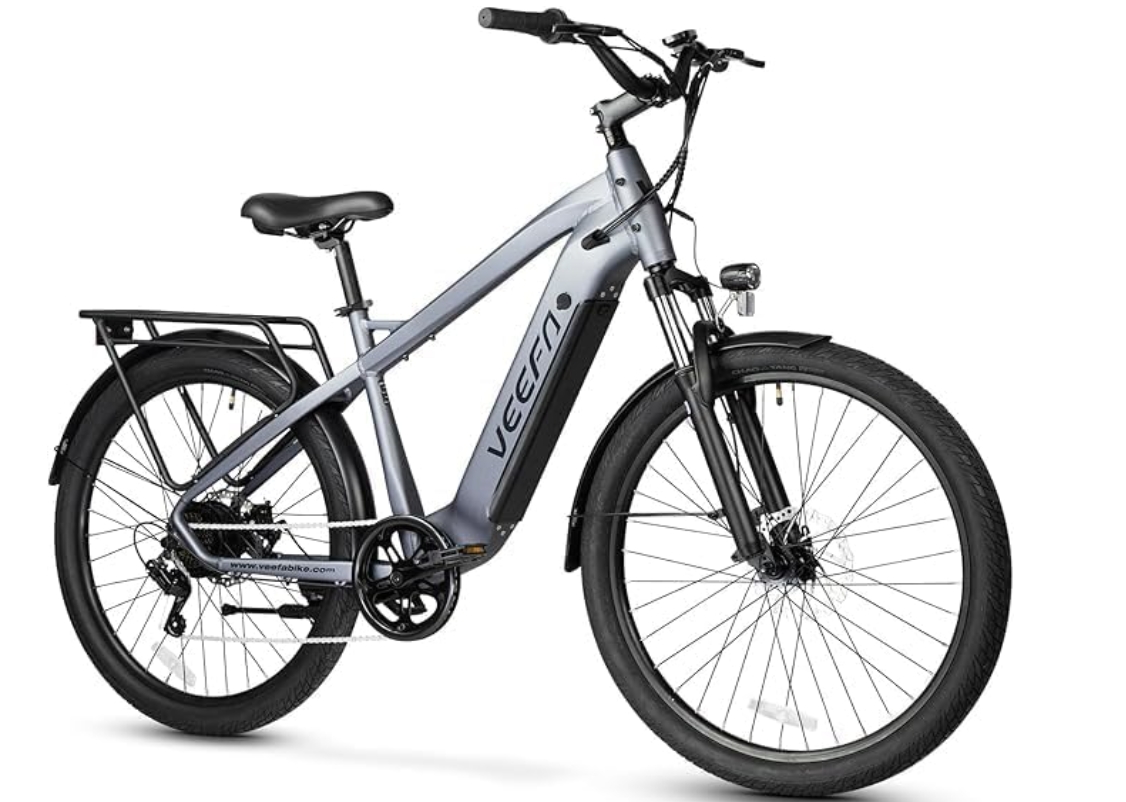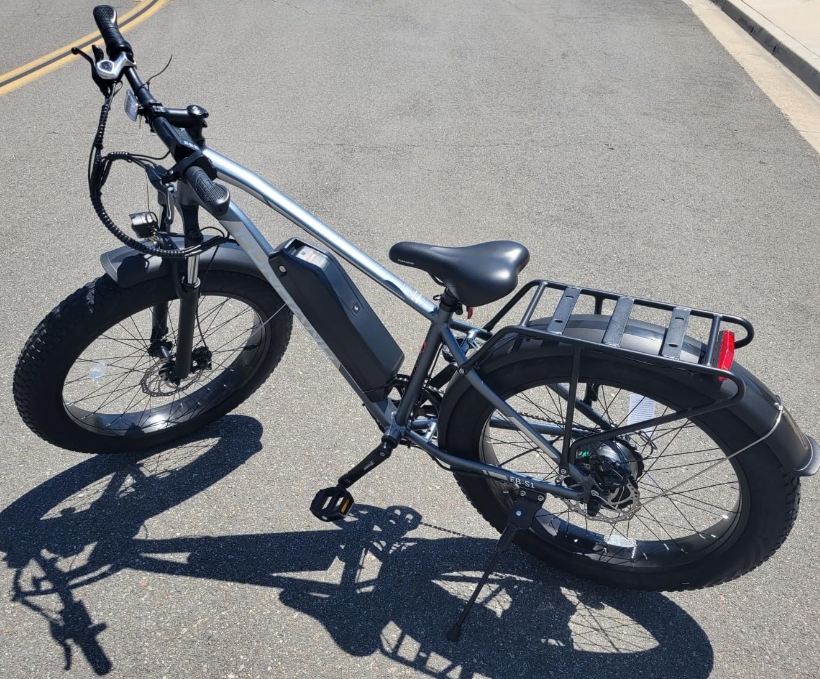What are the policies on battery recycling and reuse for e-bikes?
As proposed in the “Draft Management Measures for the Comprehensive Utilization of New Energy Vehicle Power Batteries,” we need to intensify the management of the comprehensive utilization of waste new energy vehicle power batteries, promote the recycling of resources, and drive the high-quality development of the industry.

In the State Council’s Office’s opinions on accelerating the construction of a waste recycling system, the importance of strengthening the recycling of waste power batteries was particularly emphasized. This includes strengthening the traceability management of new energy vehicle power batteries, organizing producers to take on the responsibility of recycling, and establishing a sound standard system for ecological design and carbon footprint accounting of power batteries.
In addition, the electric bicycle industry has also ushered in new regulations aimed at comprehensively improving the safety level of all aspects of electric bicycle production, sales, use, charging and swapping, and scrap recycling. The introduction of the “Regulations on the Conditions for the Electric Bicycle Industry” and the “Administrative Measures for the Announcement of the Electric Bicycle Industry” encourages outstanding electric bicycle production enterprises to actively apply for standardized announcements, and enterprises listed in the announcement list need to strengthen their own management to ensure that they always meet the requirements of the regulations.
In terms of safety technical specifications, the issuance of the mandatory national standard “Safety Technical Specifications for Lithium-ion Battery Packs for Electric Bicycles” (GB 43854-2024) will effectively enhance the inherent safety level of lithium-ion battery packs for electric bicycles and reduce the incidence of safety accidents during use.
From a global perspective, the sales of E-bikes in the European and American markets are booming, especially during the pandemic, people are more inclined to choose personal travel methods, which has also promoted the popularization of E-bikes. However, with the heat of the market, some problems have also arisen, such as battery quality issues, leading to the recall of some products.
In the development of the E-bike industry, we have seen the process from booming to bubble to gradually returning to the essence of business. Players have begun to sober up and calmly recognize that the battery, as a key accessory of E-bikes, its safety and quality are crucial. At the same time, many countries in Europe and North America have made regulations on the power of E-bike motors, battery safety, and riding age, indicating that the E-bike industry will enter a stage of elimination and reshuffling.
In summary, the recycling and reuse policy of E-bike batteries is not only a focus on environmental protection but also a promotion of the healthy development of the industry. We look forward to the joint efforts of the government, enterprises, and consumers to achieve a more green, safe, and sustainable development of the E-bike industry.




Post Comment